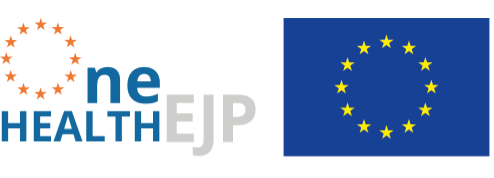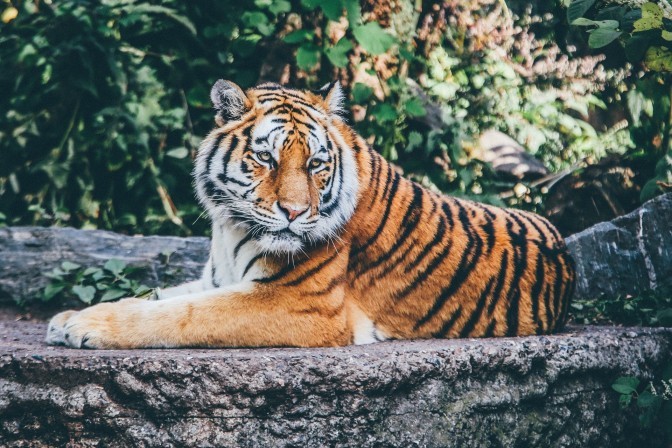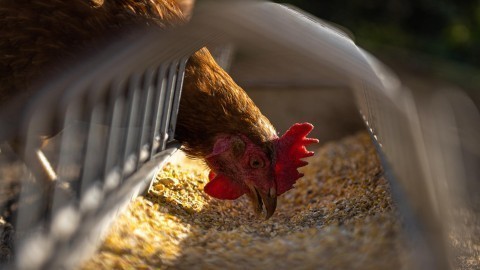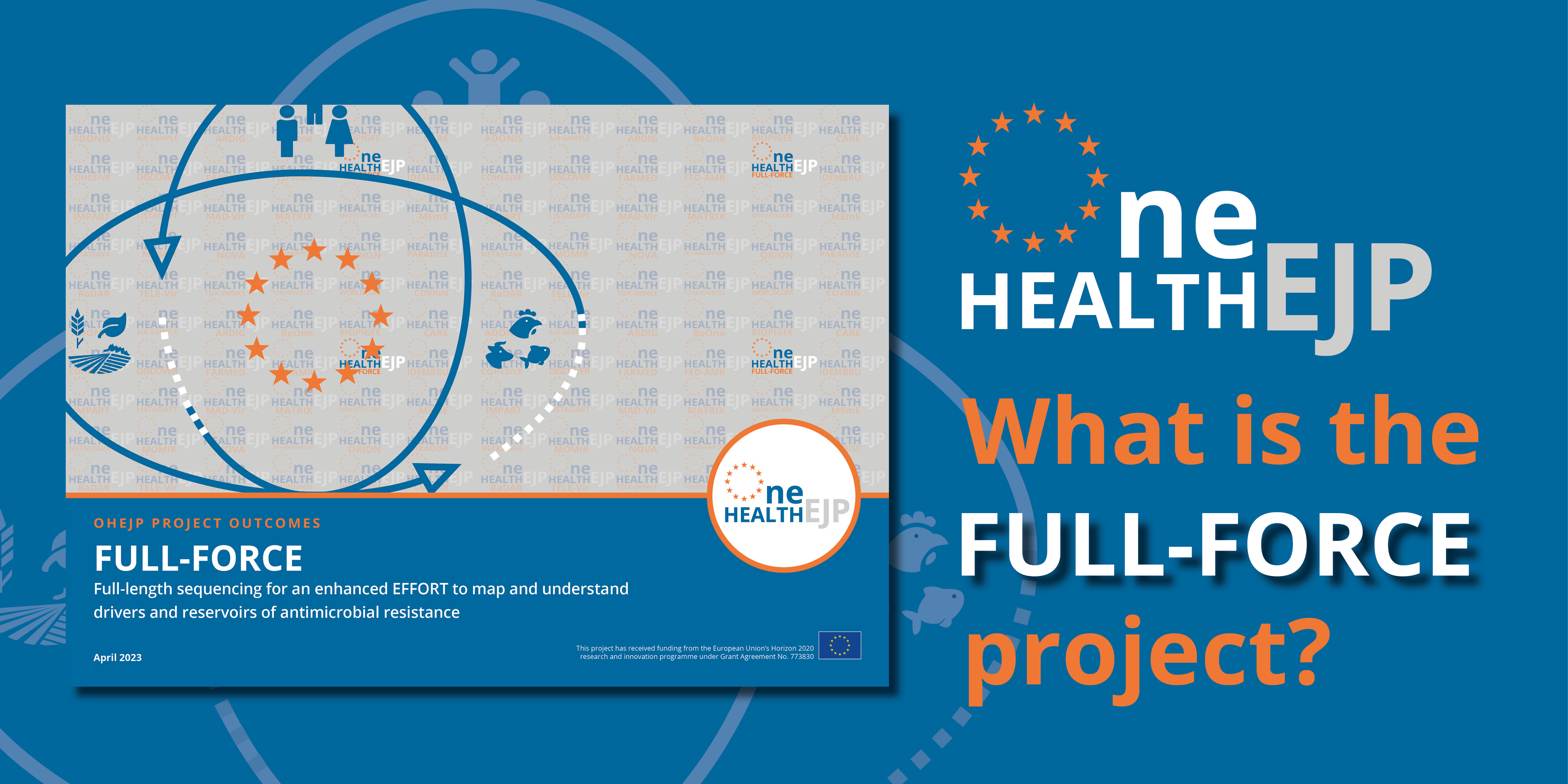COVID-19: the potential role of animals
In March, the One Health EJP reported on the potential role of animals and food in the transmission of SARS-CoV-2 (see Latest News- 18th March 2020). As the COVID-19 pandemic continues to spread across the world, the role of animals in the transmission of the virus has again become a focus of attention. There are many human and animal health institutes assisting in the outbreak, and many examples from the One Health EJP consortium have already been highlighted. Additionally, the FAO has recognised that a One Health approach should be established to increase diagnostic capabilities and the sharing of knowledge.
What role do animals play in the COVID-19 outbreak?
The WHO and OIE advice remains unchanged, that the predominant route of transmission of SARS-CoV-2 is human to human transmission (1). However, there is currently lots of research on SARS-CoV-2 in animals, including reports of detection of SARS-CoV-2 in domestic animals such as cats and dogs that have been in contact with infected humans, and some unconfirmed experimental studies. However, more research is required to investigate this further and to determine if domestic animals can transmit the virus. In April, it was reported that tigers and lions at the Bronx Zoo in New York City tested positive for SARS-CoV-2. These big cats were thought to have caught the infection from an asymptomatic zookeeper who has since tested positive (2,3). Additionally, in the Netherlands, two mink farms are home to mink that have tested positive for the virus. These animals are also thought to have been infected by infected employees at the farm. These incidence of human to animal transmission require a joint approach with farmers, zookeepers, veterinarians and veterinary laboratories. In the Netherlands research has begun to monitor the development of disease in the infected mink farms.
Next steps?
These findings are evidence that an integrated One Health approach should be adopted to further understand the transmission of this virus. This will help both the animal and human health sectors and aid in the epidemiology and understanding of SARS-CoV-2. The One Health EJP has already demonstrated its ability to use a One Health approach during this pandemic with both public health and veterinary laboratories combing efforts in the fight against SARS-CoV-2. For more information about this, read some of our previous Latest News posts!
More information:
More information regarding the role of animals in the COVID-19 outbreak can be found on the OIE website where they answer some key questions regarding the outbreak.
References:
- World Organisation for Animal Health, 2020, Questions and Answers on the 2019 Coronavirus Disease (COVID-19), date viewed: 07.04.2020, https://www.oie.int/en/scientific-expertise/specific-information-and-recommendations/questions-and-answers-on-2019novel-coronavirus/?fbclid=IwAR1Tm_HOK6WWdNt0Lk8fm-_LUG0fZekoho3fanEHwQrxYJRUbW8uVj3Ehz0
- BBC News, 2020, Coronavirus: Tiger at Bronx Zoo tests positive for Covid-19, date viewed: 07.04.2020, https://www.bbc.co.uk/news/world-us-canada-52177586
- National Geographic, 2020, Seven more big cats test positive for the Coronavirus at Bronx Zoo, date viewed: 18.05.2020, https://www.nationalgeographic.com/animals/2020/04/tiger-coronavirus-covid19-positive-test-bronx-zoo






